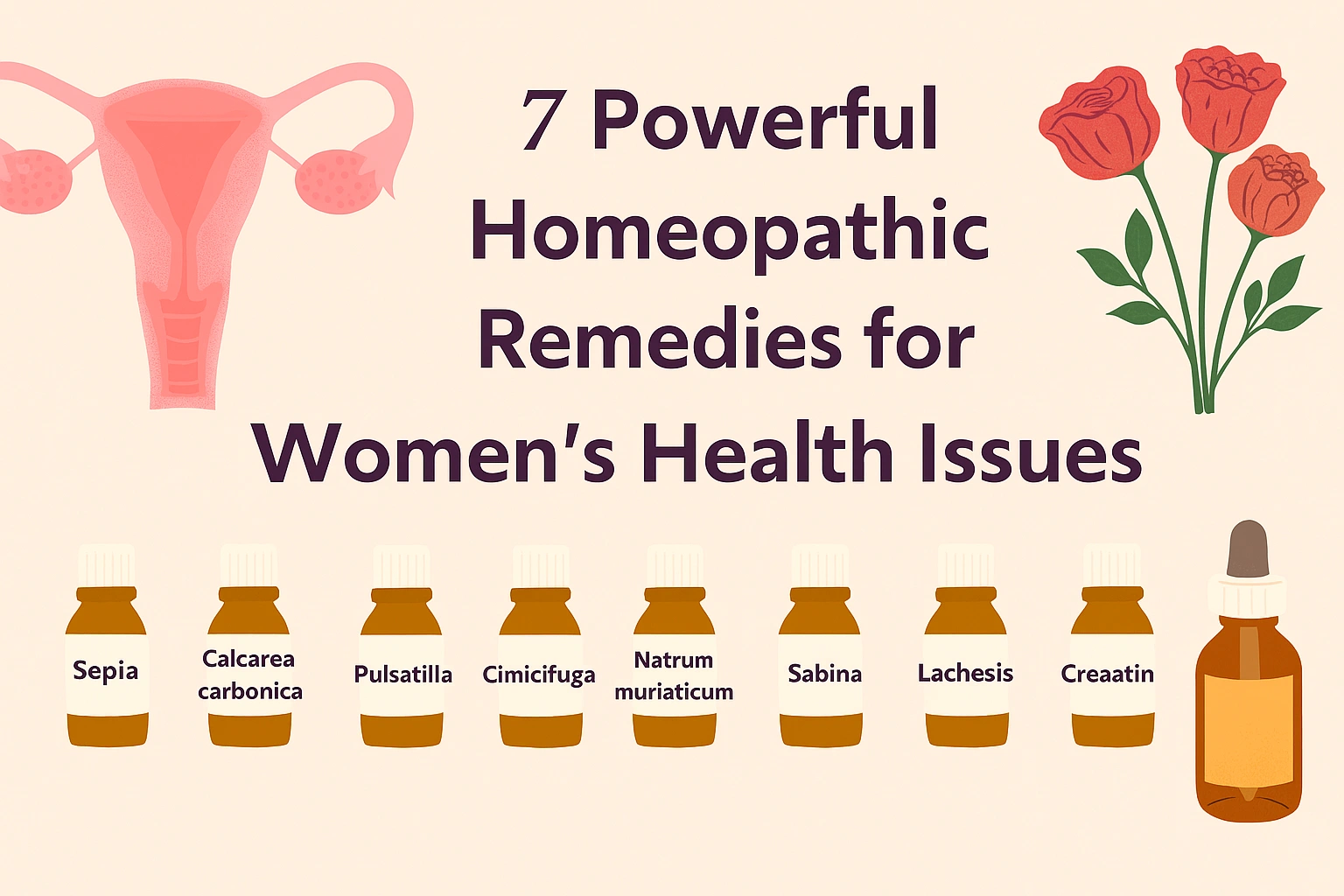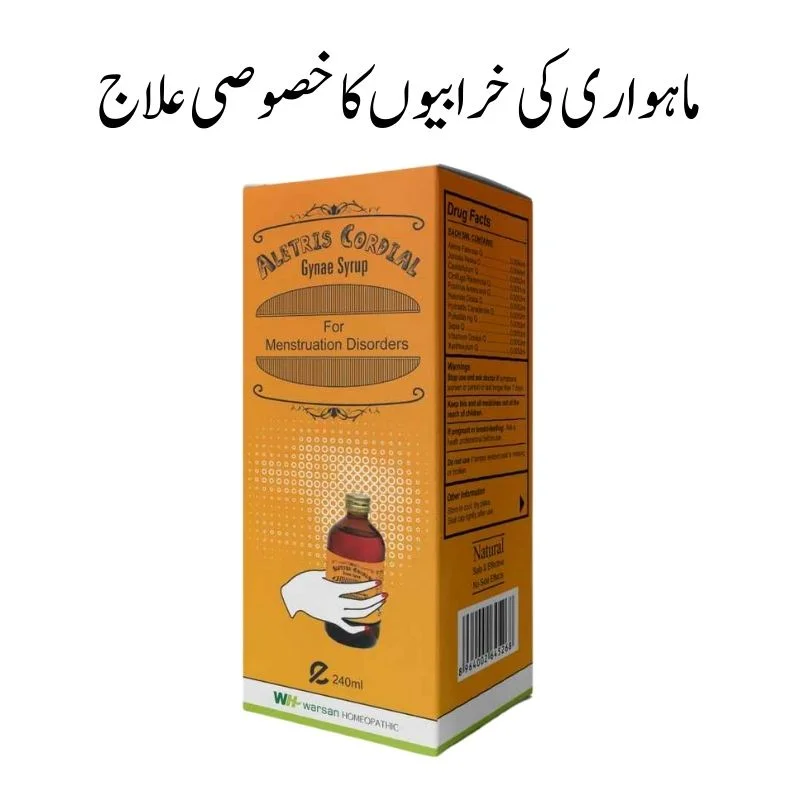Women face a variety of health challenges that are unique to their physiology, and finding natural, holistic solutions can often feel like a daunting task. From hormonal imbalances to menstrual pain and emotional stress, many women turn to alternative therapies in search of relief. One such approach that has garnered significant attention is homeopathy. But is homeopathy truly effective for women’s health concerns?
In this blog post, we’ll explore seven powerful homeopathic remedies that can offer real relief for common women’s health issues. Whether you’re looking to balance your hormones, ease menstrual discomfort, or manage the emotional rollercoaster that often comes with these issues, homeopathy provides natural solutions without the side effects of conventional medications.
Why Homeopathy for Women’s Health?
Homeopathy is based on the principle of “like cures like,” where substances that cause symptoms in a healthy person can treat those same symptoms in a sick person when administered in very small doses. This holistic approach addresses not just the symptoms but the underlying causes of various health issues, making it a popular choice for women seeking a more natural way to heal.
Whether you’re dealing with chronic pain, mood swings, or hormonal imbalances, homeopathic remedies offer a personalized, non-invasive solution that can work alongside your body’s natural healing mechanisms. In this post, we’ll dive into seven remedies that can help address some of the most common health issues women face.
1. Sepia: A Remedy for Hormonal Imbalance and Menstrual Issues
One of the most commonly used homeopathic remedies for women’s health is Sepia, derived from the ink of the cuttlefish. It’s particularly effective for balancing hormones, which is crucial for women experiencing menstrual problems, mood swings, or perimenopausal symptoms.
Why Choose Sepia?
Sepia is often recommended for women who feel fatigued, irritable, or overwhelmed—especially when these feelings intensify during menstruation or menopause. It is especially helpful for those who feel disconnected from their body and are often in a “low energy” state.
Real-Life Example:
A woman in her 40s experiencing the onset of menopause may find that Sepia helps alleviate hot flashes and irritability. One of our clients reported significant improvement in her mood swings and energy levels after taking Sepia for a few weeks. This remedy worked alongside other lifestyle adjustments, like improved diet and exercise, making it a powerful component of her overall wellness plan.
Pro Tip:
If you feel emotionally detached or indifferent, especially during your menstrual cycle or menopause, Sepia might be the remedy to explore. However, always consult with a qualified homeopath before starting treatment.
2. Pulsatilla: For Emotional Support During PMS and Menopause
Pulsatilla is another remedy often recommended for women dealing with hormonal fluctuations, especially during PMS or menopause. This remedy is particularly beneficial for those who experience extreme emotional sensitivity—whether it’s irritability, tearfulness, or mood swings.
Why Choose Pulsatilla?
Pulsatilla is ideal for women who feel weepy or overly emotional, especially when there’s an underlying hormonal imbalance. It helps restore balance to the emotions, calm mood swings, and improve overall emotional resilience.
Real-Life Example:
A 35-year-old woman suffering from severe PMS reported that after taking Pulsatilla, her emotional state was significantly improved. Instead of feeling excessively irritable and tearful, she experienced more stable emotions and felt more in control during her cycle.
Pro Tip:
If you notice that your mood swings are more pronounced during your menstrual cycle or menopause and are often linked to feelings of loneliness or sadness, Pulsatilla may be the right remedy for you.
3. Natrum Muriaticum: A Remedy for Stress and Grief
Natrum Muriaticum is a homeopathic remedy made from common salt. It is often recommended for women dealing with emotional stress, grief, and deep-seated sadness. It’s particularly effective for those who tend to bottle up their emotions.
Why Choose Natrum Muriaticum?
This remedy is ideal for women who suffer in silence, often hiding their true feelings behind a façade of strength. It is often prescribed for those with a history of emotional trauma, loss, or repressed grief.
Real-Life Example:
A woman in her early 40s who had recently experienced the loss of a loved one began using Natrum Muriaticum. Within a few weeks, she reported feeling more emotionally balanced and able to process her grief in a healthy way.
Pro Tip:
If you find yourself holding onto past emotional pain and have trouble expressing your emotions, Natrum Muriaticum might help you work through that unresolved grief.
Aletris Cordial Syrup
4. Arnica: For Pain Relief and Recovery
Arnica Montana, often referred to simply as Arnica, is one of the most well-known homeopathic remedies for pain, bruising, and trauma. It is particularly effective for women who experience physical pain during their menstrual cycle or after childbirth.
Why Choose Arnica?
Arnica works wonders for those dealing with bruising, swelling, or any kind of physical trauma, such as post-surgical recovery or childbirth recovery. It can also help alleviate the pain and discomfort associated with menstrual cramps.
Real-Life Example:
A new mother who had a difficult childbirth reported using Arnica to recover from the physical trauma of labor. She felt that it helped reduce her pain levels and accelerate her recovery, enabling her to get back to her daily activities faster.
Pro Tip:
For women recovering from physical trauma, childbirth, or surgery, Arnica can be a game-changer in reducing pain and improving recovery times.
5. Magnesia Phosphorica: For Menstrual Cramps and Abdominal Pain
Magnesia Phosphorica is another excellent remedy for women suffering from menstrual cramps, especially those with sharp, colicky abdominal pain. It works by relaxing the muscles and soothing pain caused by menstruation.
Why Choose Magnesia Phosphorica?
This remedy is particularly beneficial for women who experience intense cramping that feels like a squeezing or knotting sensation. It is often used to ease both the physical and emotional discomfort associated with menstruation.
Real-Life Example:
A woman who suffered from debilitating cramps reported that Magnesia Phosphorica helped reduce her pain significantly within hours. She was able to get through her workday without the usual discomfort, thanks to this remedy.
Pro Tip:
If your menstrual cramps are severe and you experience sharp, cramp-like pains that seem to radiate from your abdomen, Magnesia Phosphorica may provide quick relief.
6. Lachesis: For Hot Flashes and Menopausal Symptoms
As women transition into menopause, symptoms like hot flashes and night sweats can become disruptive. Lachesis is a powerful remedy for women dealing with these common menopausal symptoms, especially when they are accompanied by irritability or mood swings.
Why Choose Lachesis?
Lachesis is known to help balance the body’s temperature regulation and alleviate hot flashes. It’s particularly effective for women who experience these symptoms alongside emotional instability or irritability.
Real-Life Example:
A 50-year-old woman experiencing severe hot flashes and mood swings during menopause found relief after using Lachesis. She reported a significant reduction in the frequency and intensity of hot flashes, as well as an improved emotional state.
Pro Tip:
If your menopausal symptoms are marked by irritability, restlessness, and hot flashes that tend to worsen at night, Lachesis could be the right remedy for you.
7. Calcarea Carbonica: For Fatigue and Bone Health
Calcarea Carbonica is a remedy often used by women who experience chronic fatigue, bone pain, and general weakness. It’s particularly beneficial for women in perimenopause or menopause who may be dealing with bone density loss or fatigue.
Why Choose Calcarea Carbonica?
Calcarea Carbonica helps to restore energy levels and improve overall vitality. It’s also effective for women who experience a sense of heaviness or weakness in the body.
Real-Life Example:
A 45-year-old woman dealing with menopausal fatigue and early signs of osteopenia found significant improvement after using Calcarea Carbonica. She reported feeling more energetic and noticed less joint and bone discomfort.
Pro Tip:
If you’re dealing with fatigue and joint pain during perimenopause or menopause, Calcarea Carbonica can help restore your energy and improve overall mobility.
Conclusion
Homeopathic remedies offer a safe and natural approach to addressing a variety of health concerns specific to women. Whether you’re seeking emotional relief from PMS or menopause, looking for pain management for menstrual cramps, or hoping to regain your energy, homeopathy provides solutions that work in harmony with your body’s natural healing mechanisms.
However, it’s crucial to consult a qualified homeopath before beginning treatment to ensure that the right remedy is selected for your unique needs. By integrating these remedies into your health routine, you can unlock a world of natural healing that will empower you to live your healthiest life.
High-Quality Pipes & Fittings – Built to Last
Frequently Asked Questions (FAQs)
While Echinacea may not prevent the flu entirely, it can help reduce the severity and duration of flu symptoms by supporting the immune system.
Most people begin to feel the effects of Echinacea within a few hours to a couple of days, depending on their specific health needs and the form in which it is taken.
Echinacea is typically used for short periods to support the immune system, especially during cold and flu season. Long-term use should be avoided unless directed by a healthcare provider.
Echinacea is generally safe for children in appropriate doses. However, it’s important to consult a pediatrician before giving Echinacea to children, especially if they have any underlying health conditions.
Yes, Echinacea can be combined with other immune-boosting supplements like vitamin C, zinc, or elderberry. However, it’s important to talk to your healthcare provider about the best combination for your needs.
-
-
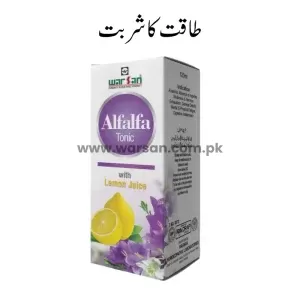 Rated 5.00 out of 5 based on 1 customer rating₨ 200 – ₨ 650Price range: ₨ 200 through ₨ 650Select options Quick View
Rated 5.00 out of 5 based on 1 customer rating₨ 200 – ₨ 650Price range: ₨ 200 through ₨ 650Select options Quick View -
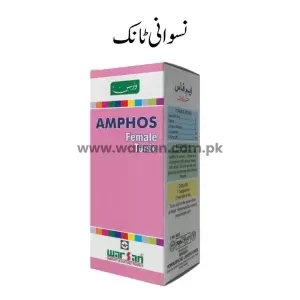 Rated 4.00 out of 5 based on 1 customer rating₨ 200 – ₨ 650Price range: ₨ 200 through ₨ 650Select options Quick View
Rated 4.00 out of 5 based on 1 customer rating₨ 200 – ₨ 650Price range: ₨ 200 through ₨ 650Select options Quick View -
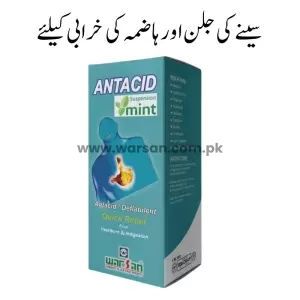 Rated 4.00 out of 5 based on 1 customer rating₨ 220 – ₨ 650Price range: ₨ 220 through ₨ 650Select options Quick View
Rated 4.00 out of 5 based on 1 customer rating₨ 220 – ₨ 650Price range: ₨ 220 through ₨ 650Select options Quick View

